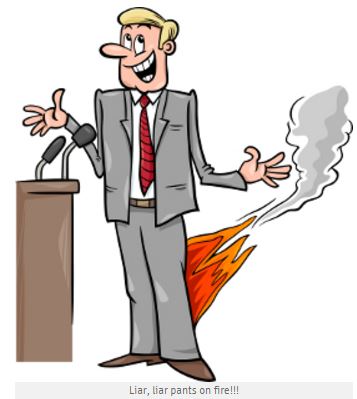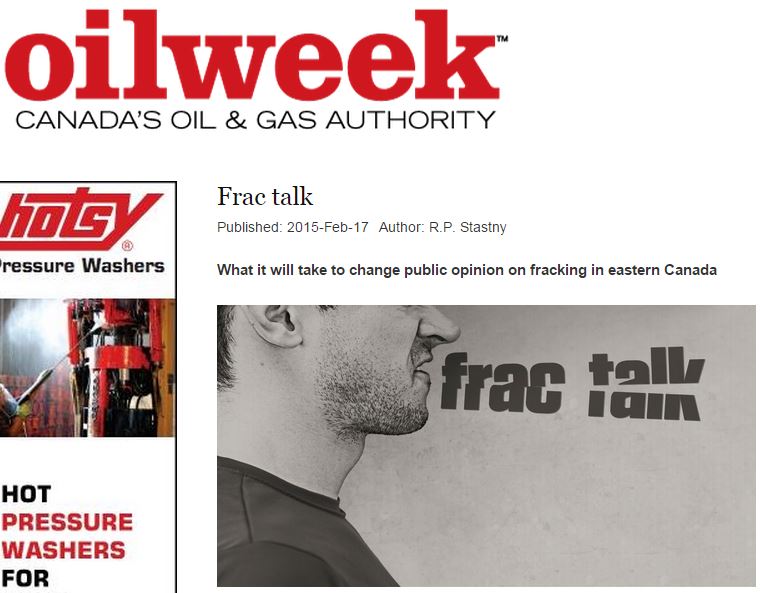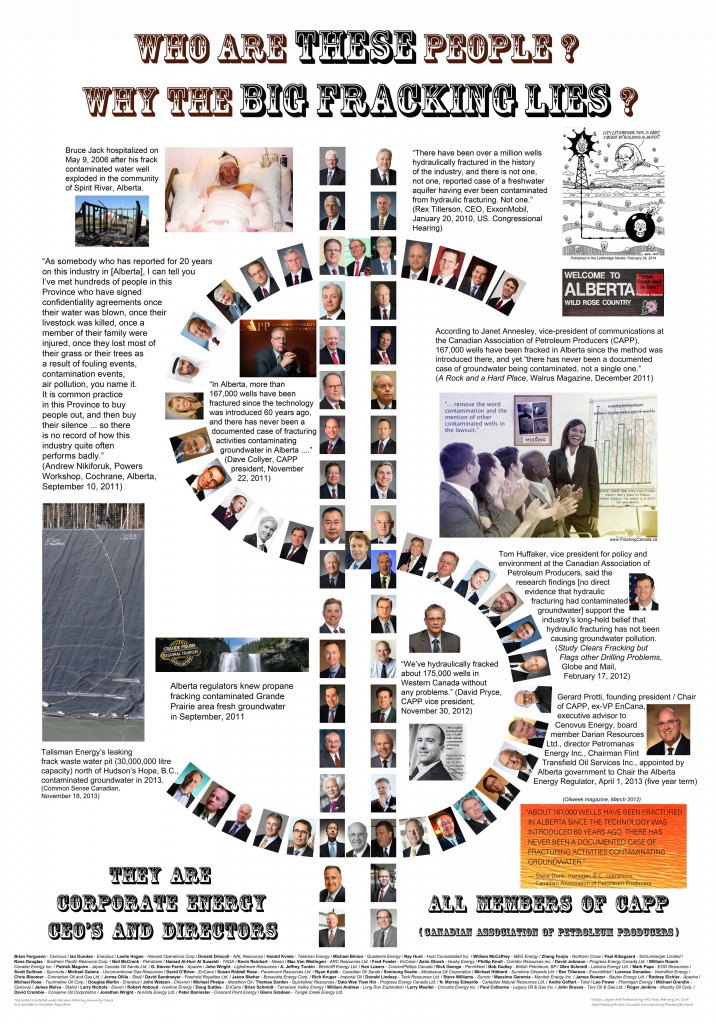$10 million complaint flagging advertising by the Canadian Gas Association is filed today with the Competition Bureau by Canadian doctors, nurses and public health advocates Press Release by CAPE, September 27, 2022
Industry lobby group for Enbridge, ATCO, Fortis and Énergir accused of greenwashing
OTTAWA, TORONTO, MONTREAL, VANCOUVER, September 27, 2022 – A greenwashing complaint urging Competition Bureau Canada to investigate advertising by the Canadian Gas Association (CGA) has been filed today by a group of concerned Canadian doctors, nurses and public health advocates.
The complaint focuses on CGA’s “Fuelling Canada” advertising campaign, which represents gas as environmentally friendly, “clean,” affordable, and part of a sustainable energy future. The CGA calls itself the voice of Canada’s natural gas delivery industry. Its members include Enbridge, Fortis, Énergir, TC Energy, Heritage Gas, and Epcor, amongst others.
The complainants request that the Competition Bureau investigate whether the CGA’s representations are false and misleading, and if found to be, the applicants are urging the imposition of a $10 million fine and a retraction of the CGA’s statements. Applicants include Dr. Melissa Lem, Dr. Ulrike Meyer, Dr. Genevieve Ferdais, Jacqueline Avanthay Strus, RN, Dr. Leah Temper, PhD, and Melissa Daniels, a trained nurse and Indigenous environmental activist, supported by the Canadian Association of Physicians for the Environment.
According to complainant Dr. Ulrike Meyer, “gas is a dangerous fossil fuel that is responsible for massive greenhouse gas emissions and is a primary source of air pollution in Canada. Fossil gas pollutes at every point in its lifecycle, from extraction to refining to combustion in the home. As a doctor in the fracking region of North-East B.C. that witnesses high rates of unexplained illness in my practice, I feel compelled to inform Canadians about the health risks of gas.”
The complaint draws on scientific literature to show how the carbon emissions of natural gas are comparable to fossil fuels such as coal and how the extraction and production of natural gas pollute the air and contaminate local water sources. The complaint also provides evidence that gas appliances cause indoor air pollution and pose a serious health risk, particularly for children’s respiratory health. These are not attributes of a fuel that is “clean,” i.e., “free from pollution.”
The complaint argues that the CGA’s claims of gas being “naturally affordable” and cheaper than other home energy systems are also false and misleading. According to a 2022 report from Natural Resources Canada, gas is less affordable than low-carbon heat pumps. Due to climate policies, gas companies will also have to either adopt expensive emissions reduction technologies, such as renewable natural gas, or pay the increasing carbon price, as a CGA study acknowledges. Yet the CGA fails to disclose this expected price increase to potential customers when making its affordability claims.
This evidence raises concerns that the representations could convince a family to install a gas-powered energy system because they believe it to be “clean” and “affordable” but be stuck living with a harmful polluter and paying volatile, rising gas prices for the 25-year life of the system. Low-income households will be the worst impacted.
Consumer protection agencies around the world are cracking down on greenwashing by fossil fuel companies. In 2017, the Dutch Advertising Code Authority ruled that Shell and Exxon cannot describe natural gas as the cleanest fossil fuel, saying “the suggestion that fossil fuels can be “clean” – in that they do not cause environmental damage – is incorrect.”
“Fossil fuel companies and their industry associations have systematically misled the public about their climate commitments and green credentials to increase their profits, expand fossil fuel infrastructure and delay the shift to a net zero economy. Last year, my patients on the west coast bore the brunt of this during the deadly heat dome, wildfire smoke and catastrophic flooding that killed hundreds of people. We cannot afford to put the health of Canadians and the planet at risk by allowing this to continue,” says Dr. Melissa Lem.
The Competition Bureau is a federal watchdog responsible for protecting consumers in Canada from companies making misleading and false statements. On September 20th, the Competition Bureau held a Competition and Green Growth Summit, where tackling greenwashing was on the agenda. Recently, the Bureau asked the public to look out for greenwashing after a $3 million ruling against Keurig for misleading ads about the recyclability of its coffee pods.
Director of the Fossil Fuel Ads Make Us Sick campaign, Leah Temper, says: “Just as tobacco companies used to advertise that cigarettes were good for your throat, fossil fuel companies are buying a social license to operate through false green claims. This harms businesses that are offering genuinely clean alternatives and perpetuates the poisoning of our air and water and the destruction of our climate system. It is time for the Government of Canada to be proactive in protecting people in Canada against gaslighting by fossil fuel companies.”
QUOTES:
Melissa Daniels, BScN, JD, says: “Industry heavily investing in greenwashing campaigns while continuing to pollute our land and water is a violation of our Treaty and Indigenous rights and sovereignty and the reason why we need stronger regulations to stop the spread of misinformation. Gas industry propaganda, including the contention that it is “clean” is a greenwashed lie. Indigenous people are acutely aware that industry kills animals, exploits our people, poisons the water and is detrimental to both us and the environment.”
Jack Avanthay Strus, RN, says: “Women, children, the elderly and racialized, low-income and Indigenous communities are those most affected by pollution from the fossil fuel industry and are also the most likely to be affected by fluctuating gas prices. They deserve accurate information so they can make informed choices for themselves and their families.”
Dr. Geneviève Ferdais, MD, says: “As a mother of three children and a family doctor, I notice every day the extent to which my patients, health professionals and citizens in general have little to no knowledge of the dangers of natural gas combustion in their home, nor its impacts on the climate crisis. This disinformation contributes to a major public health problem.”
APPLICANTS INCLUDE:
Dr. Melissa Lem, MD, is a Vancouver family physician, president-elect of the Canadian Association of Physicians for the Environment, and a clinical assistant professor at the University of British Columbia.
Dr. Ulrike Meyer, MD, is a family physician in Dawson Creek, British Columbia, and a member of the British Columbia committee for the Canadian Association of Physicians for the Environment.
Jacqueline/Jack Avanthay Strus, RN, M.Sc.N., PhD(c), is president of the Canadian Association of Nurses for the Environment and a professor at the School of Nursing and Health Sciences at Université de Saint-Boniface. Their expertise lies in climate health inequities, social justice and the ecological determinants of health.
Dr. Genevieve Ferdais, MD, is a family physician in Montreal, Quebec. She teaches clinical work at the Université de Montréal’s Faculty of Medicine. She is a board member of the GMF-R Clinique Médicale du Sud-Ouest in Montreal and also a member of For Our Kids Montreal, a volunteer climate advocacy organization.
Dr. Leah Temper, PhD, is the Campaign Director of the Fossil Fuel Ads Make Us Sick campaign at the Canadian Association of Physicians for the Environment.
Melissa Daniels, RN, BScN, is a member of the Athabasca Chipewyan First Nation and works with CAPE’s Toxics Program. She has a background in nursing and law and is a long-standing environmental and social justice advocate.
The Canadian Association of Physicians for the Environment (CAPE) is a non-profit organization working to secure human health by protecting the planet. Since its founding in 1994, CAPE’s work has achieved substantial policy victories in collaboration with many partners in the environmental and health movements. From coast to coast to coast, the organization operates throughout the country with regional committees active in most provinces and all territories.
– 30 –
Media Contact:
Pamela Daoust
National Communications Director
Canadian Association of Physicians for the Environment
647-930-0236 | email hidden; JavaScript is required

Criticism intensifies after big oil admits ‘gaslighting’ public over green aims, Fury as ‘explosive’ files reveal largest oil companies contradicted public statements and wished bedbugs upon critical activists by Oliver Milman, 17 Sep 2022, The Guardian
Criticism in the US of the oil industry’s obfuscation over the climate crisis is intensifying after internal documents showed companies attempted to distance themselves from agreed climate goals, admitted “gaslighting” the public over purported efforts to go green, and even wished critical activists be infested by bedbugs.
The communications were unveiled as part of a congressional hearing held in Washington DC, where an investigation into the role of fossil fuels in driving the climate crisis produced documents obtained from the oil giants ExxonMobil, Chevron, Shell and BP.
“First they ignore you, then they laugh at you, then they wish bedbugs on you, then you win,” said Varshini Prakash, executive director of Sunrise. The organization accused Shell of a “legacy of violence and of ignoring the wellbeing of communities across the globe”.
The revelations are part of the third hearing held by the House committee on oversight and reform on how the fossil-fuel industry sought to hamper the effort to address the climate crisis. Democrats, who lead the committee, called top executives from the oil companies to testify last year, in which they denied they had misled the public.
The new documents are “the latest evidence that oil giants keep lying about their commitments to help solve the climate crisis and should never be trusted by policymakers”, said Richard Wiles, president of the Center for Climate Integrity.
“If there is one thing consistent about the oil and gas majors’ position on climate, it’s their utter inability to tell the truth,” Wiles added.

Ro Khanna, co-chair of the committee, said the new documents are “explosive” and show a “culture of intense disrespect” to climate activists. The oil giants’ “climate pledges rely on unproven technology, accounting gimmicks and misleading language to hide the reality,” he added. “Big oil executives are laughing at the people trying to protect our planet while they knowingly work to destroy it.”
Several of the emails and memos within the released trove of documents appear to show executives, staffers and lobbyists internally contradicting public pronouncements by their companies to act on lowering planet-heating emissions.
Exxon, which recently announced profits of $17.9bn for the three months until June, more than three times what it earned in the same quarter a year ago, has publicly said it is “committed” to the Paris climate agreement to curb global heating.
However, the documents released by the Democratic-led House committee include an August 2019 memo by an executive to Darren Woods, Exxon’s chief executive, on the need to “remove reference to Paris agreement” from an announcement by an industry lobby group that Exxon is a member of.
Such a statement “could create a potential commitment to advocate on the Paris agreement goals”, the executive warned. A separate note on a 2018 Exxon presentation also admitted that biofuels derived from algae was still “decades away from the scale we need”, despite the company long promoting it as a way to lower emissions.
Shell, meanwhile, has committed to becoming a “net zero” emissions business by 2050, and yet the documents show a private 2020 communication in which employees are urged to never “imply, suggest, or leave it open for possible misinterpretation that (net zero) is a Shell goal or target”. Shell has “no immediate plans to move to a net-zero emissions portfolio” over the next 10 to 20 years, it added.
A Shell tweet posted in 2020 asking others what they could do to reduce emissions resulted in a torrent of ridicule from Twitter users. A communications executive for the company wrote privately that criticism that the tweet was “gaslighting” the public was “not totally without merit” and that the tweet was “pretty tone deaf”. He added: “We are, after all, in a tweet like this implying others need to sacrifice without focusing on ourselves.”
The UK-headquartered oil company, which in July announced a record $11.5bn quarterly profit, also poured scorn on climate activists, with a communications specialist at the company emailing in 2019 that he wished “bedbugs” upon the Sunrise Movement, a youth-led US climate group.
Previous releases of internal documents have shown that the oil industry knew of the devastating impact of climate change but chose instead to downplay and even deny these findings publicly in order to maintain their business model.
The hearings have been attacked by Republicans as a method to “wage war on America’s energy producers” and the oil companies involved have complained that the documents don’t show the full picture of their stance on the climate crisis.
Exxon supports the 2015 Paris climate deal, a spokesman said, claiming that the “selective publication of dated emails, without context, is a deliberate attempt to generate a narrative that does not reflect the commitment of ExxonMobil and its employees, to address climate change and play a leading role in the transition to a net-zero future.”
A Shell spokesman, meanwhile, said the committee chose to highlight only a small handful of the nearly half a million pages it provided to the body on its “extensive efforts” to take part in the energy transition.
“Within that pursuit are challenging internal and external discussions that signal Shell’s intent to form partnerships and share pathways we deem critical to becoming a net-zero energy business,” he said.

Refer also to:

![]() Frac Talk = One hell of a lot of false advertising and big lies.
Frac Talk = One hell of a lot of false advertising and big lies.![]()

Poster by Will Koop, BC Tap Water Alliance
